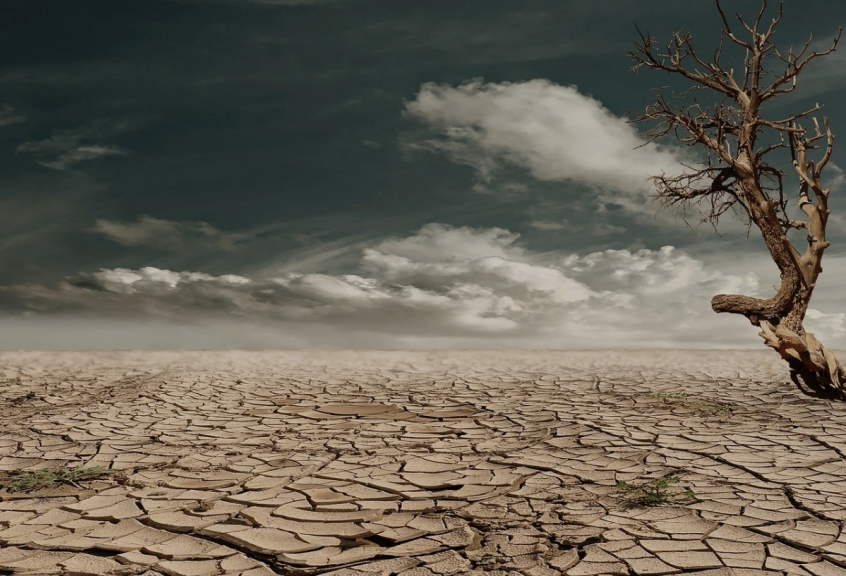Evangelical Christians remain resolutely opposed to the majority of scientific opinion when it comes to the "polarizing" belief that human action has caused climate change.
Seven in 10 US adults now say that global warming was human-caused with sceptics only making up around one-fifth of the population. But among evangelicals, four-fifths do not think human action caused climate change.

The research by the Barna group was released on Thursday to coincide with the UN general assembly meeting in New York. Secretary General Ban Ki-moon told delegates on Tuesday the environment was "the defining challenge of our time".
The stark contrast between evangelicals and the rest of the US population was highlighted in the online survey of 1,097 adults in April 2016. Despite the broad scientific consensus Cory Maxwell-Coghlan, senior writer at Barna Group and lead analyst on the study, said "deep divides" still exist "generationally, politically and theologically".
The proportion of evangelicals who say climate change was "absolutely" caused by humans (19 per cent) is less than half the national average (42 per cent).
More than four in 10 non-evangelical practising Christians are certain of human-caused climate change and more than half of those who have no faith say humans "absolutely" caused climate change.
The Barna group defines evangelicals as people who have made a personal commitment to Christ and believe they will go to heaven, along with seven other conditions. These include believing Satan exists, that the Bible is accurate in all that it teaches and that God as the all-knowing, all-powerful, perfect deity who created the universe and still rules it today.
The research notes: "The practicing Christian segment is more broadly representative of an array of denominational and political leanings, while evangelicals tend to be more theologically and politically conservative—a difference that may be partly responsible for the two groups' diverging views."
They also highlight that political ideology "plays a major role" with four times as many liberals (69 per cent) as conservatives (20 per cent) being certain that humans caused climate change.
But Maxwell-Coghlan suggested there was room for consensus despite the "seemingly irreconcilable differences".
He said: "Faith leaders especially must be wary of hammering the stake deeper into the chasm separating those on either side of the issue. They must be willing to occupy that 'messy middle,' urging their divided congregations to look beyond their seemingly irreconcilable differences to seek common ground over a shared concern for God's creation.
"Whether human-caused or not, seeking energy independence, preserving rainforests, creating more livable cities, and fighting for clean water and air are all good reasons to build coalitions across political and religious divides.
"Preserving God's world for future generations is surely something we can agree on, especially since 'no one knows the day or the hour' of Christ's return."













